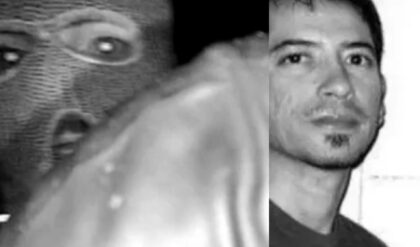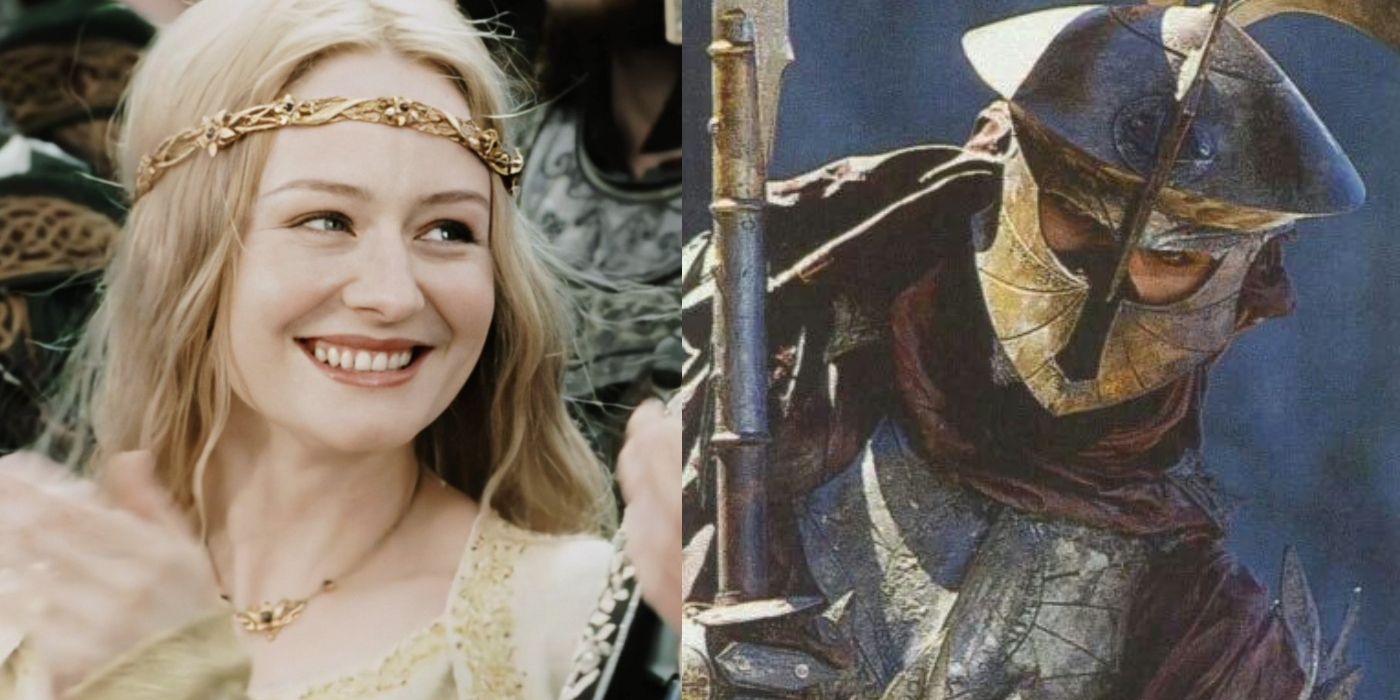
However, as beloved and wonderful as the series is, it’s not completely perfect. It is a product of its time in many ways, and while this doesn’t mean it should be written off, it’s still worthwhile to point out the places where it doesn’t hold up in modern times. Questions of diversity and inclusion in Tolkien-inspired works are more relevant than ever with Amazon’s Lord of the Rings project on the horizon. Fans are especially curious as to what updates the series will make and if it will be updated.
Too Different From The Books
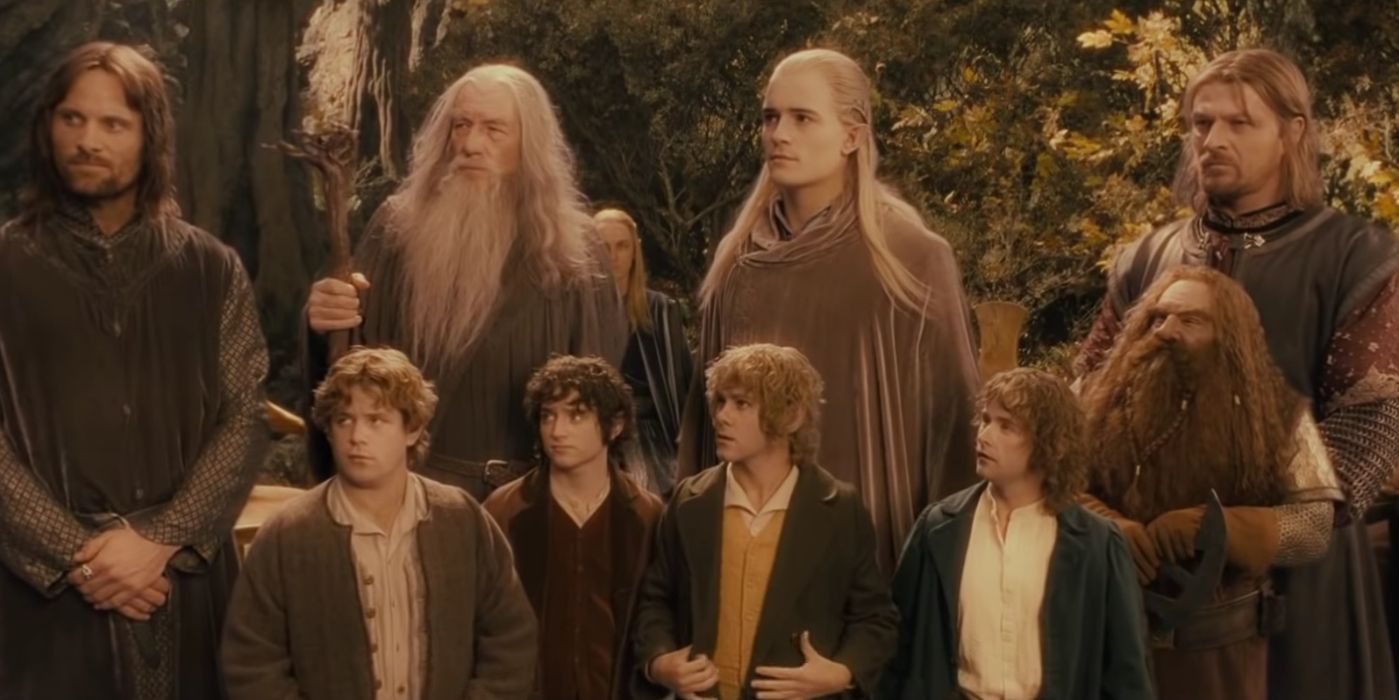
The book trilogy was released in the 1950s, and from then on, it grew a fan base and became one of the most influential fantasy stories of all time. When adapting the iconic story for film, some things had to be changed, and this often meant omitting some important characters and scenes. While the filmmakers did attempt to stay true to the source material, there were a few deviations that missed the point of the original work.
For example, in the books, Faramir doesn’t attempt to take the Ring back to Gondor at all. He shows that he is not tempted or swayed by the Ring, and it shows his strength of character right away. Having Faramir nearly fall to the Ring’s power changed a core element of his characterization. Another big omission that left many fans upset was not including Tom Bombadil.
There’s Fatphobia
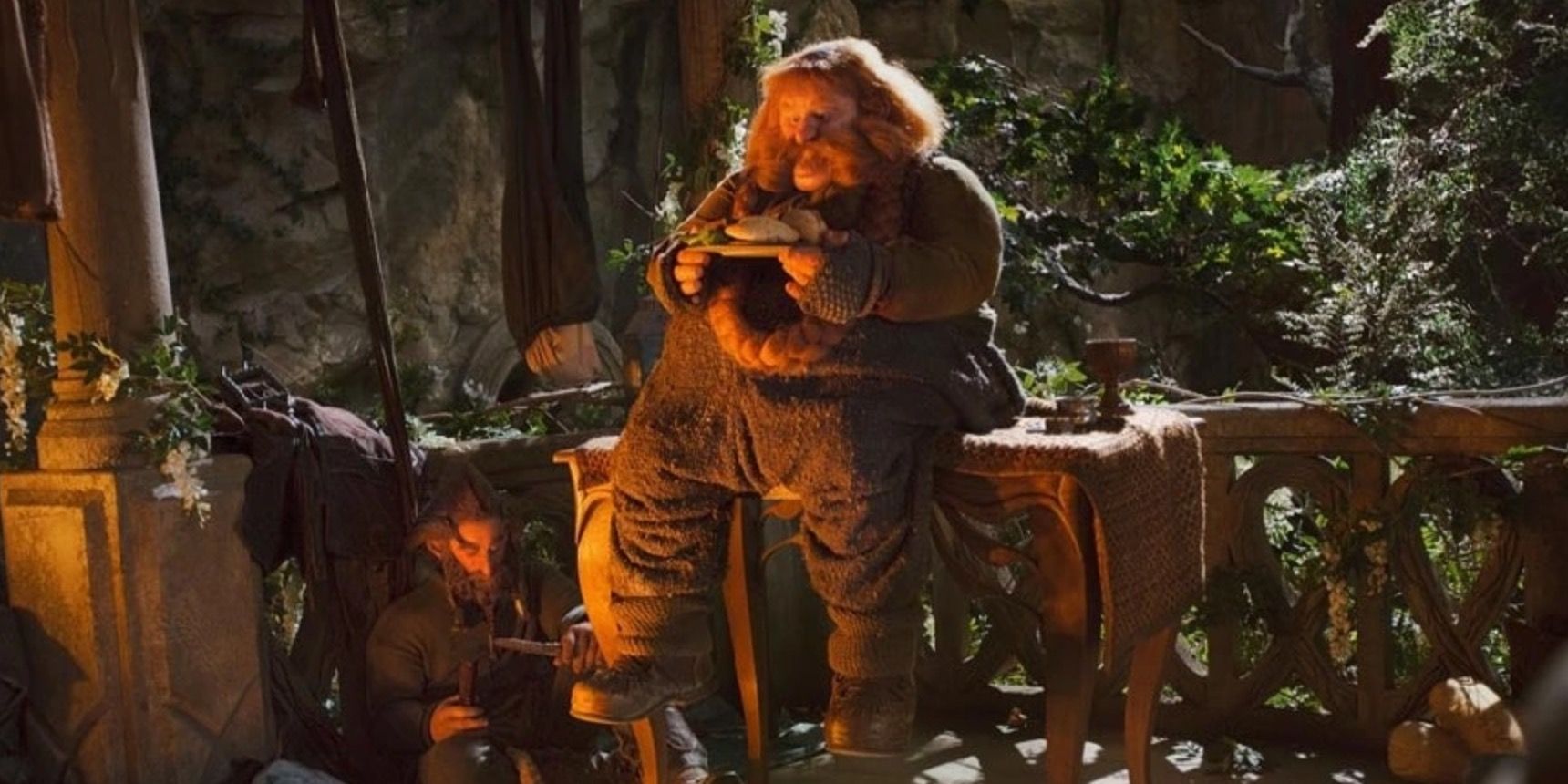
While most of the characters in both The Hobbit and The Lord of the Rings are portrayed as thin, the couple of exceptions to this are made out to either be a joke, as is the case with Bombur, or evil, as is the case with the Goblin King. While some excuse might be made for this on Tolkien’s part given how long ago he wrote the books, the movies also fell into this same problematic trope.
Portraying characters who have larger bodies in a negative light is something that happens far too often in media, and it sends the message that only thin people are good or heroic which isn’t okay.
Arwen’s Storyline
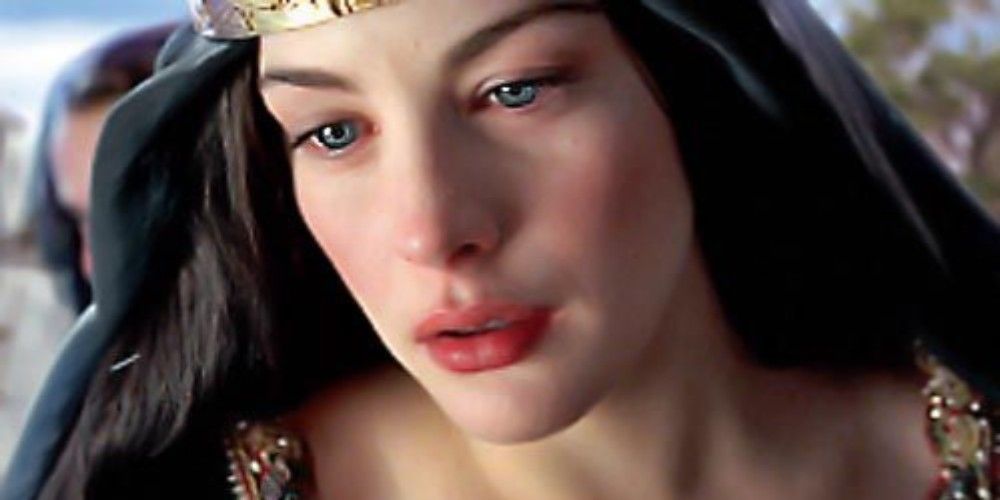
The story of Arwen and Aragorn is told in detail in the appendices and this story was woven throughout the movies, too. While Arwen might be an interesting character, her story does feel quite outdated. Pretty much everything about who she is revolves around Aragorn as soon as they meet. Arwen doesn’t have really anything else going on for her, and she seems to spend most of her life waiting around for him.
She comes across as a useless damsel instead of an autonomous being. She also has to wait for her father’s approval to marry her love, so it does come across as a love story that needs to be modernized.
The Ring Allegory Is Too Religious
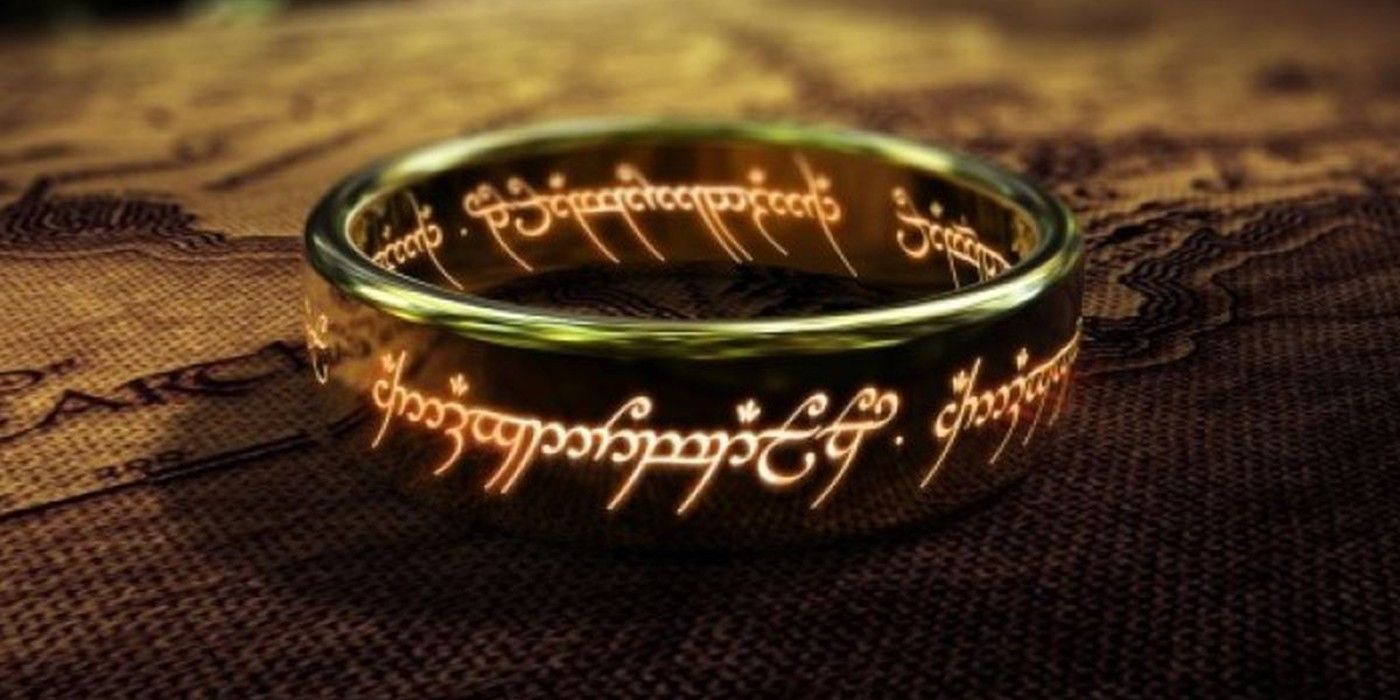
The One Ring is a very interesting character in the series because it represents temptation of sorts. There are actually a few different ways this can be read. In some ways, the Ring seems to represent somewhat of an addictive substance, and this reading also has some pitfalls. The language of addiction can be very sensitive for many people.
However, the other interpretation of the Ring’s power could be that it represents sin. Tolkien was a devout Christian, and while he didn’t set out to create an exact allegory of Christain themes, there are some elements of his faith that inevitably arise. There’s nothing wrong with having a specific faith, but casting the Ring as an object that represents that sinful nature of humankind specifically can be alienating to people who aren’t of the same religious background.
The Good Versus Evil Message Is Too Simplistic
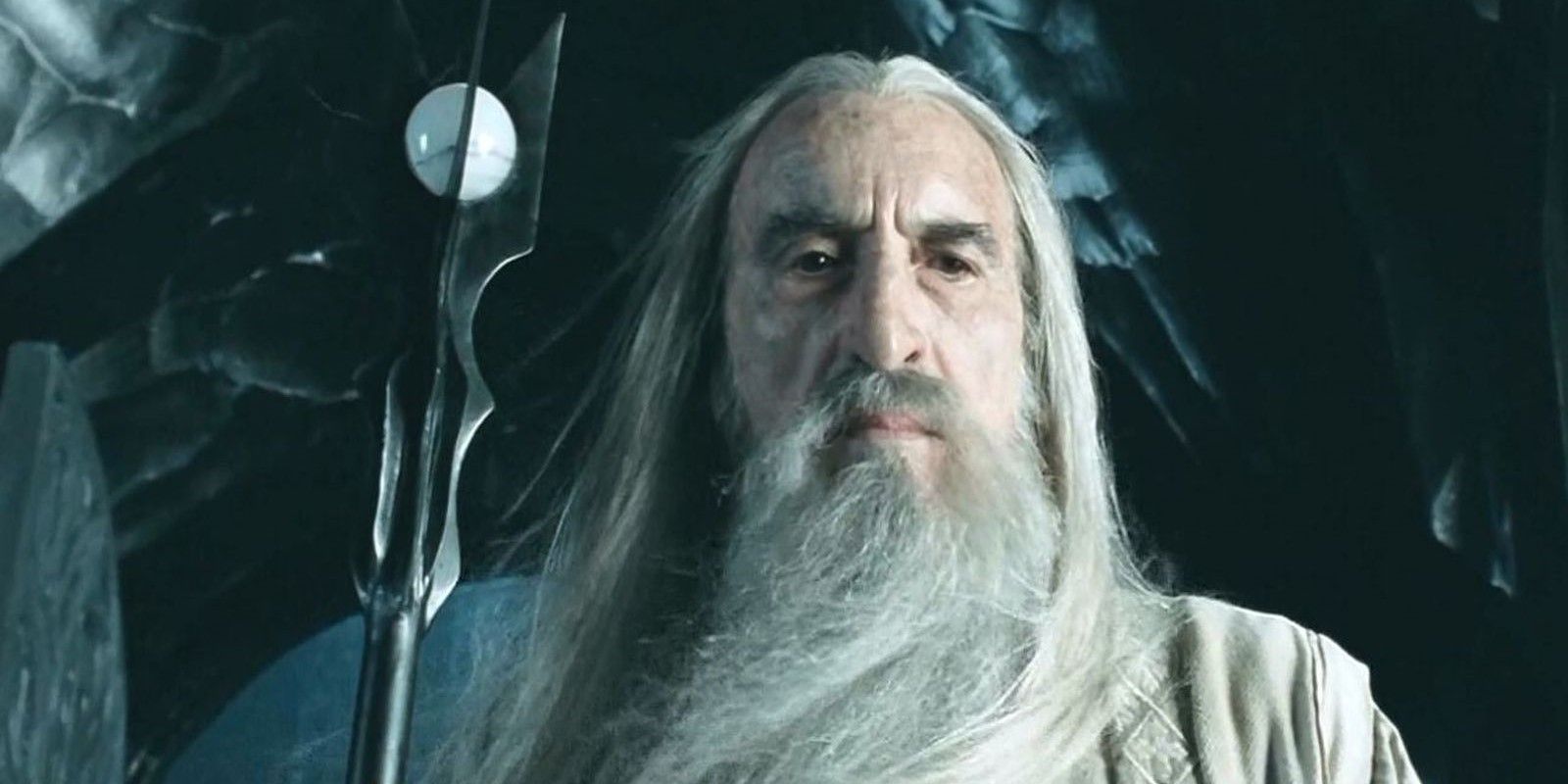
In The Lord of the Rings, it’s clear that the heroes are those who are most connected to the land and who don’t want changes to be made. On the other hand, characters who represent things like technological advancements, like Saruman, are the villains. While this is an interesting point to make, the way it plays out is quite simplistic.
Tolkien was particularly concerned in his time with how modern technology was impacting the natural world, but his viewpoint didn’t allow for nuances of how technology can also help many people in society. The assumption that all scientific advancements are bad is illogical. The truth is it’s more complex than that.
It’s Filled With Traditional Gender Roles
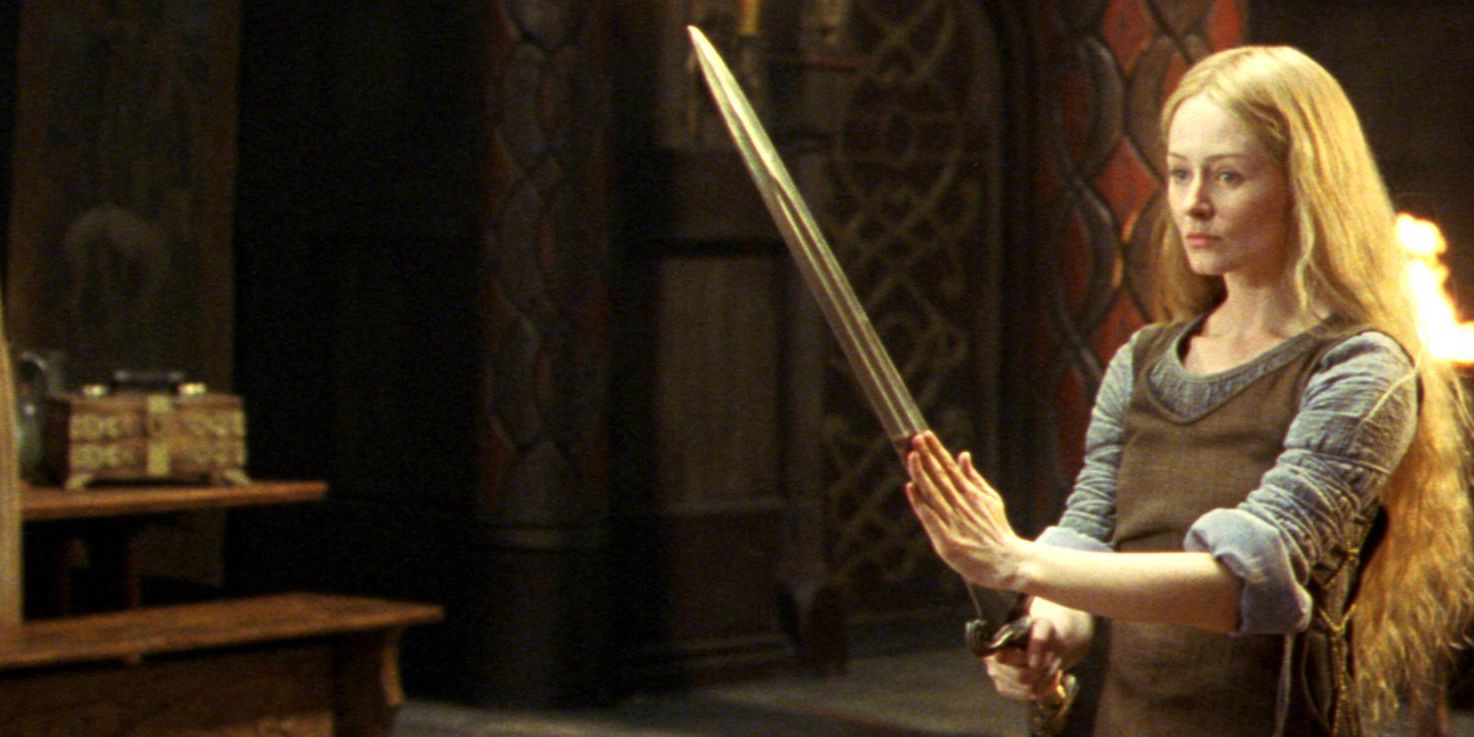
While there really aren’t that many women in the series to begin with, the way many of these women are presented isn’t great either. Arwen and Rosie are mostly just footnotes in the books, and they are there as just love interests. Eowyn is a strong example of a feminist hero, and so this isn’t to say the series doesn’t do anything good in regards to gender. However, even Eowyn settles down into the role of wife and mother. Galadriel might be an even better example of a woman with power and leadership, but overall, the world of Middle-Earth is very gendered with women staying home and men being leaders and warriors.
It’s also hard to even say exactly how the genders in Middle-Earth interact because there’s a lack of female characters. There are really only two in the books that have speaking roles of significance at all. The movies did seek to fix this by including Tauriel as well as Bard’s daughters, but these storylines often reduced women, like Tauriel, to being love interests.
There’s No LGBTQ+ Representation
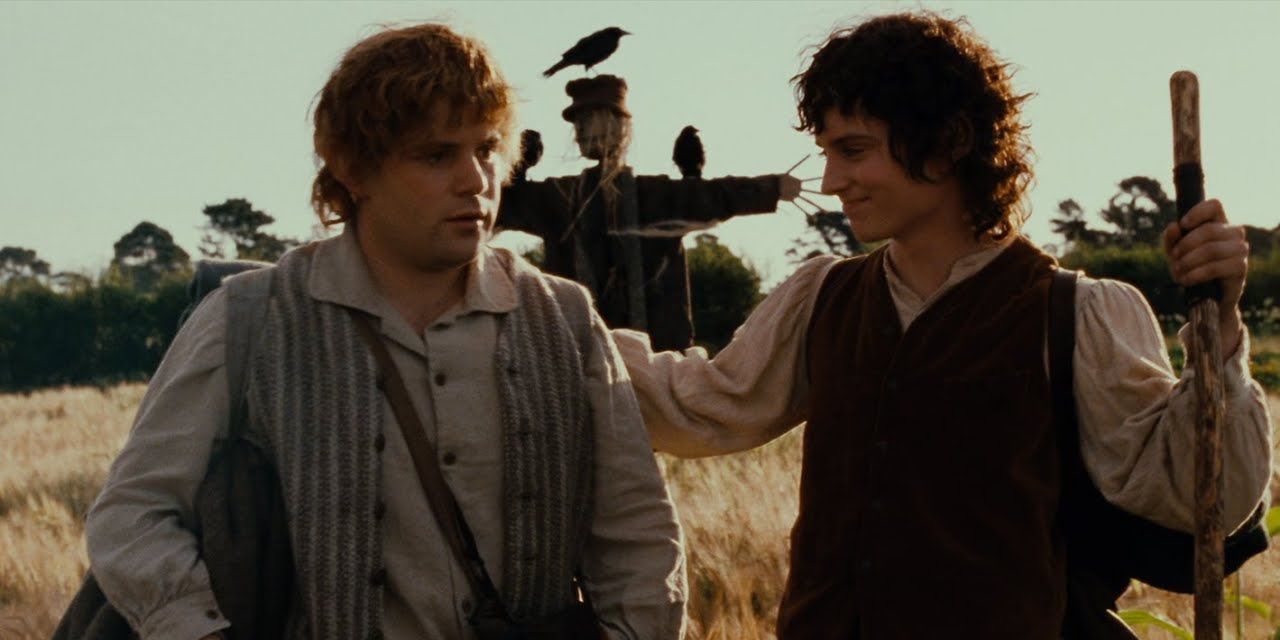
Given the time period the story was written in it’s not that surprising that there is little representation, although the films could well have adapted that to bring it up to date. However, for future projects, it would be nice to see some actual LGBTQ+ representation.
One thing the series did do well, however, was to show close, intimate relationships between male characters. Whether you read these relationships as platonic or possibly romantic, it is rare to see these kinds of relationships even today. While the movies mostly drew from the source material, the new Amazon series would do well to include more diversity
Lack Of Diversity/Problematic Racial Casting
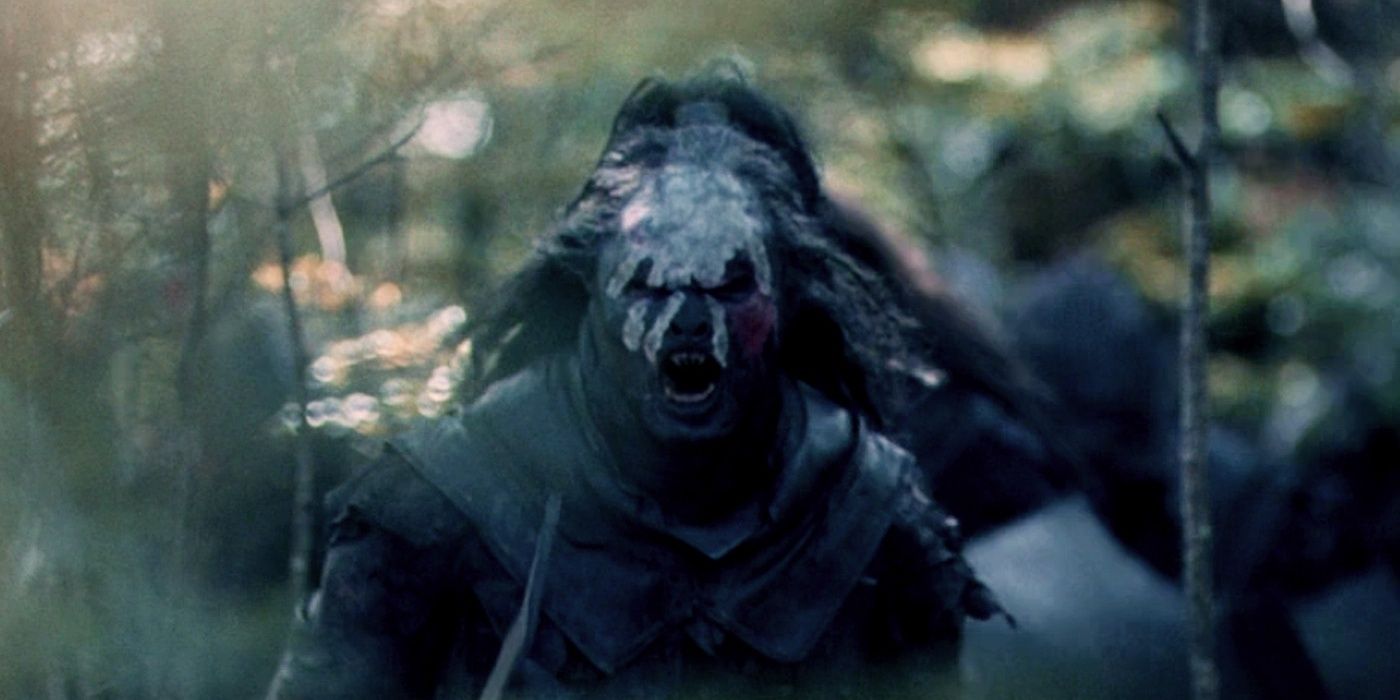
This is a problem in both the books and in the movies that have been created so far. All of the heroes in the series are white, and all of the heroic characters in the movies were also white people. At the very least, the movies, including The Hobbit trilogy, could have included actors of color to play more than just extras or villains. It’s definitely one of the biggest issues with the series that doesn’t get talked about enough.
Seeing as how most of the extras for the film were cast from New Zealand, it’s a big problem that every “good” race in the series such as elves and humans are white people while Indigenous people and other people of color were cast as orcs and Uruk-Hai. One example of this is the Haradrim which in the movies seems to represent stereotypes of Middle Eastern people in a negative way. The fact that people of color in Middle-Earth are always seen as villains or evil is a huge problem.

